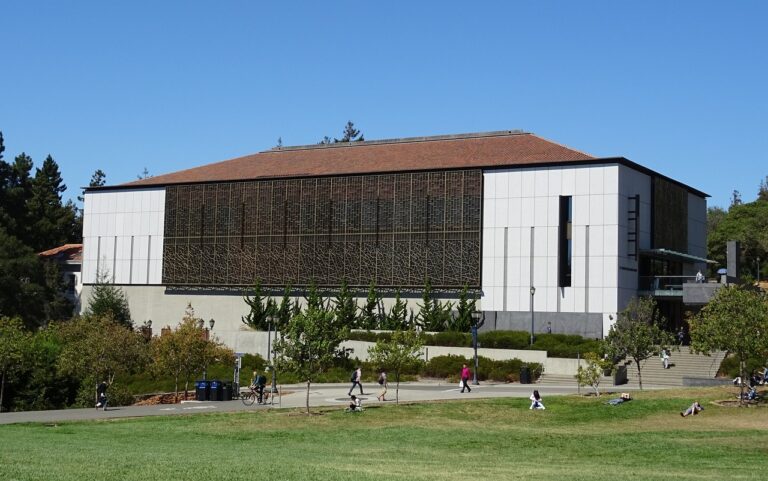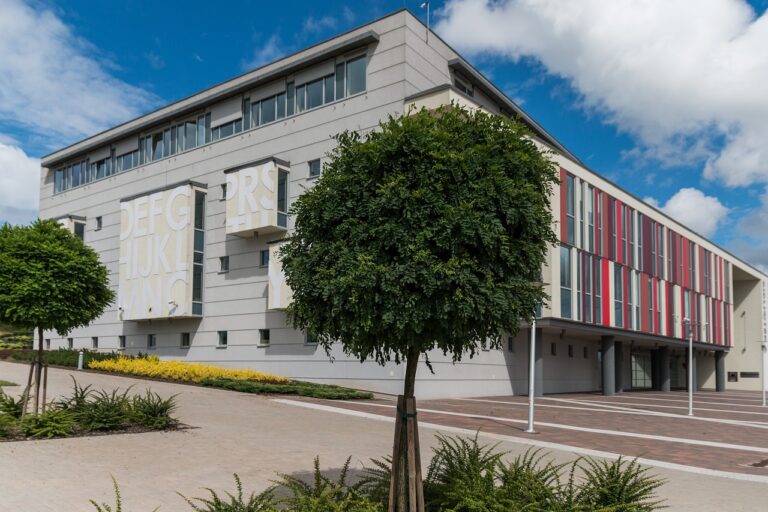The Importance of Multilingual Education
world7 id, mahadev betting login, silver 777 login:The Importance of Multilingual Education
In today’s increasingly globalized world, the ability to speak multiple languages is more valuable than ever before. Multilingual education not only provides individuals with a competitive edge in the job market but also promotes cognitive development, cultural understanding, and social cohesion. In this article, we will explore the importance of multilingual education and why it is crucial for individuals to embrace and promote language diversity.
The Benefits of Multilingual Education
1. Cognitive Development:
One of the most significant advantages of multilingual education is its impact on cognitive development. Studies have shown that individuals who speak multiple languages have better problem-solving skills, improved memory, and enhanced multitasking abilities. Learning a new language challenges the brain and forces it to think in new and creative ways, leading to overall cognitive improvement.
2. Cultural Understanding:
By learning a new language, individuals also gain a deeper appreciation and understanding of different cultures. Language and culture are intricately connected, and by learning a new language, individuals can immerse themselves in the customs, traditions, and beliefs of other cultures. This promotes empathy, tolerance, and respect for diversity, fostering a more inclusive society.
3. Job Opportunities:
In today’s globalized economy, multilingualism is a valuable skill that can open up a world of job opportunities. Many employers actively seek out candidates who can speak multiple languages, as it demonstrates adaptability, cross-cultural communication skills, and a global mindset. Individuals who are fluent in multiple languages are in high demand in industries such as tourism, hospitality, international business, and diplomacy.
4. Personal Growth:
Learning a new language is a challenging yet rewarding experience that can lead to personal growth and self-improvement. It boosts self-confidence, enhances communication skills, and provides a sense of accomplishment. Multilingual individuals are often more open-minded, flexible, and willing to step outside their comfort zones, leading to personal and professional growth.
5. Social Cohesion:
Multilingual education plays a crucial role in promoting social cohesion and unity within diverse communities. When individuals are able to communicate with each other in multiple languages, barriers are broken down, and connections are forged. Multilingualism fosters a sense of belonging, respect, and collaboration, creating a more cohesive and harmonious society.
6. Academic Success:
Research has shown that students who receive multilingual education tend to perform better academically than their monolingual counterparts. Bilingual and multilingual students have higher levels of cognitive development, improved problem-solving skills, and enhanced creativity. Multilingualism also boosts academic achievement in areas such as reading, writing, and math.
FAQs
1. Is it too late to learn a new language?
It is never too late to learn a new language! While children may have an advantage in language acquisition, adults can also successfully learn a new language with dedication, practice, and perseverance. The key is to be consistent and patient with your learning process.
2. How many languages should I learn?
The number of languages you choose to learn is entirely up to you and your goals. Some people may be content with learning just one additional language, while others may strive to become fluent in multiple languages. It is essential to set realistic goals and focus on mastering one language at a time.
3. How can I practice speaking a new language?
There are many ways to practice speaking a new language, such as taking language classes, participating in language exchange programs, watching foreign films, listening to music in the target language, and conversing with native speakers. Practice consistently and immerse yourself in the language as much as possible.
4. What are the best techniques for learning a new language?
The best techniques for learning a new language vary from person to person, as everyone has different learning styles and preferences. Some effective language learning techniques include flashcards, language apps, language immersion programs, conversational practice, and language classes. Experiment with different methods to find what works best for you.
In conclusion, multilingual education is essential in today’s interconnected world for cognitive development, cultural understanding, job opportunities, personal growth, social cohesion, and academic success. Embracing language diversity not only enriches individuals’ lives but also promotes global harmony and unity. By investing in multilingual education, individuals can reap the numerous benefits of speaking multiple languages and contribute to a more inclusive and interconnected world.







